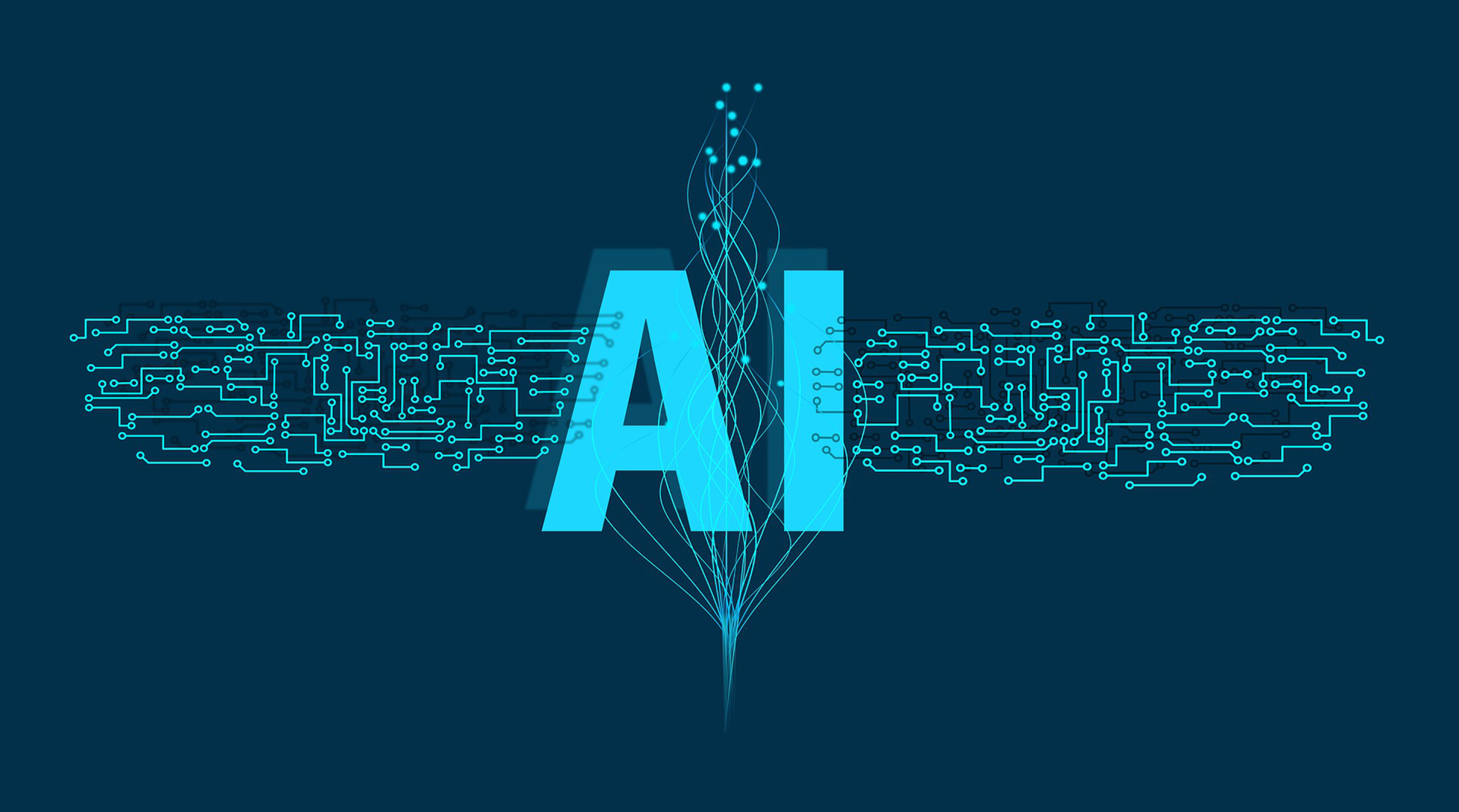Image by Gerd Altmann from Pixabay
by Dawn Smith-Pfeifer
The other day I saw a tweet from someone who asked ChatGPT to write several funny headlines about non-oganic and non-GMO labels. It actually made me giggle. I decided to jump on the bandwagon and asked it to share, in a casual tone, what the biggest misconceptions about the U.S. food supply are. I was a little surprised at how casual the tone was, but it was an interesting read. Here are the top six misconceptions it came up with:
-
Just 'cause there's plenty of food doesn't mean everyone has enough: Yeah, the U.S. produces a ton of food, but that doesn't mean everyone has access to it. There are still millions of Americans struggling to get enough nutritious food due to things like poverty and lack of grocery stores in some areas.
-
Not all food is squeaky clean: We have rules and stuff, but sometimes food gets recalled or there are outbreaks. Contaminations can happen anywhere along the line, from farm to table. So, it's important to be cautious and follow proper food safety practices.
-
"Organic" or "natural" doesn't automatically mean healthier: Just 'cause something's organic or natural doesn't mean it's automatically better for you. You gotta look at the overall nutrition, not just the fancy label.
-
Not all GMOs are evil: Genetically modified stuff has been controversial, but the scientific consensus says they're safe. Organizations like the World Health Organization and the National Academy of Sciences say the GMOs on the market are cool to eat.
-
Not all food additives are the devil: Yeah, some additives might not be great for certain folks, but most of the ones approved by the FDA are okay in limited amounts. They're there to keep things tasty and last longer.
-
Big farms aren't the only ones hurting the environment: Okay, so industrial agriculture has some environmental issues, but it's not the only culprit. Even small-scale and organic farming can have their own challenges. We gotta look into sustainable practices to make things better.
So, don't buy into all the misconceptions, but rather keep yourself informed with accurate and up-to-date info about the U.S. food supply.
I have to say most of it was fairly accurate. I did take issue with #6, however. Knowing what I know about farmers and ranchers, I wouldn't have painted agriculture into a negative corner like it did.
My favorite saying is, "Without agriculture, there would be no culture." Without the dedicated farmers and ranchers who put food on our tables every day, we'd all be scrounging around trying to feed ourselves. I am thankful to big and small farmers and ranchers for doing what they do. It makes my life so much easier and allows me to do other things.
So don't buy into the fear-mongering that farmers and ranchers -- big or small -- aren't using sustainable practices as much as possible. All of the farmers and ranchers I know are entirely dedicated to leaving the land in better shape for future generations. That's true sustainbility. Just goes to show you even artificial intelligence can get it wrong!
If you have a question about agriculture and want an answer from a real farmer or rancher, send us your question and we'll have a farmer or rancher respond. Send your question to onyourtable@ndfb.org.
Dawn Smith-Pfeifer is the editor for On Your Table.
